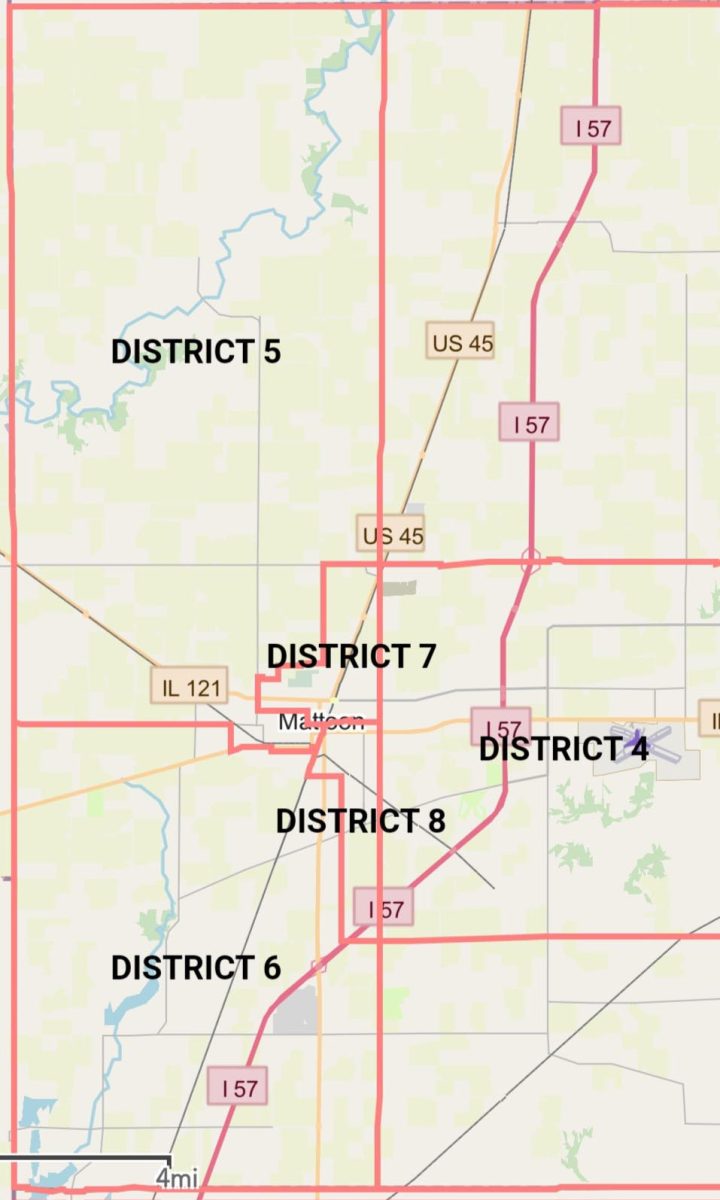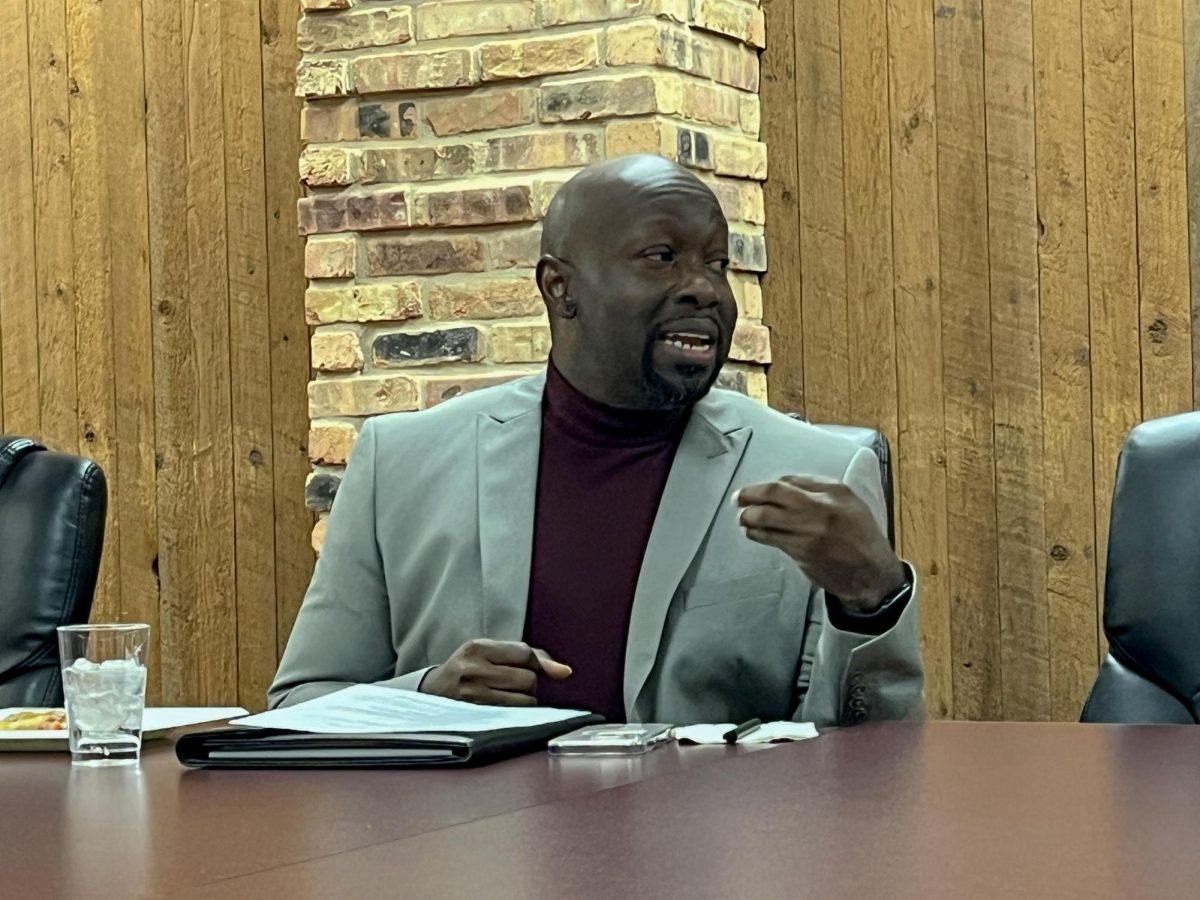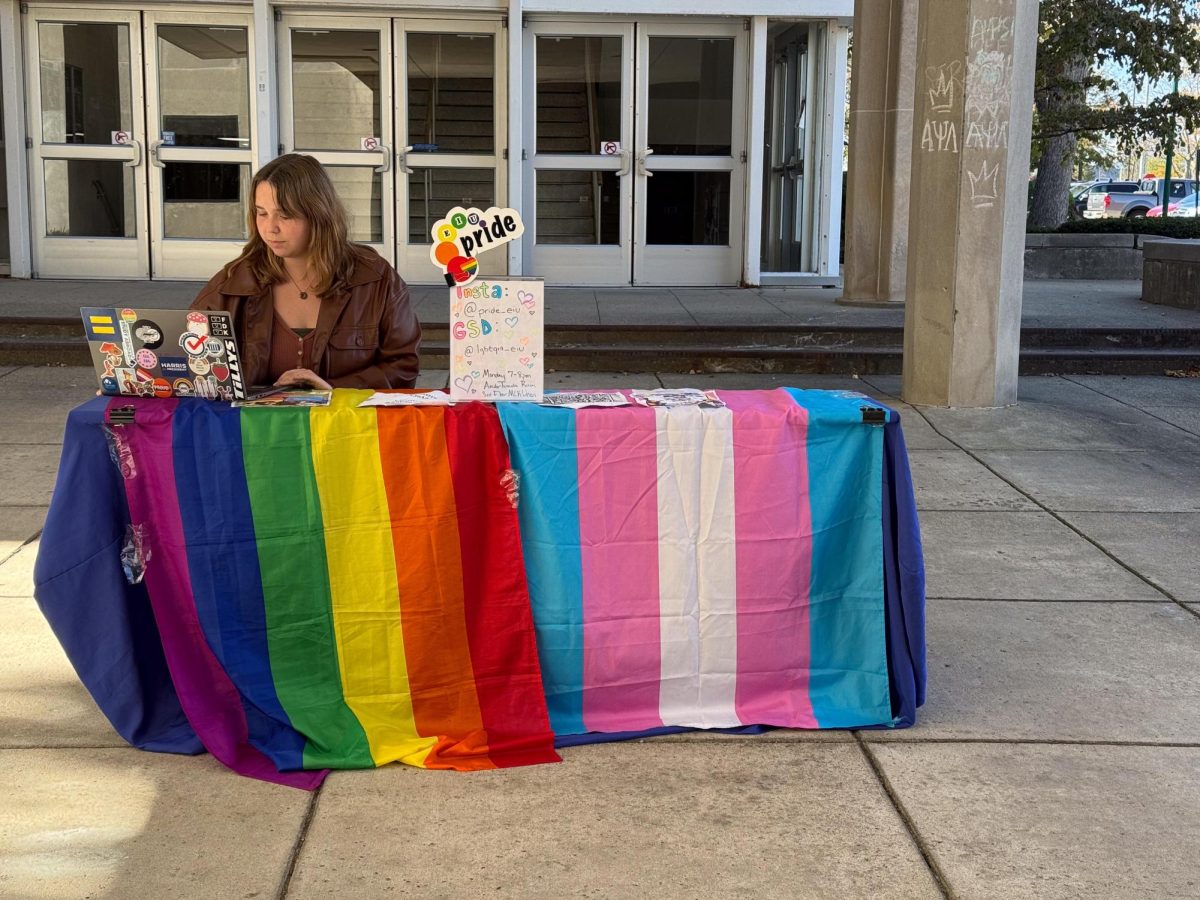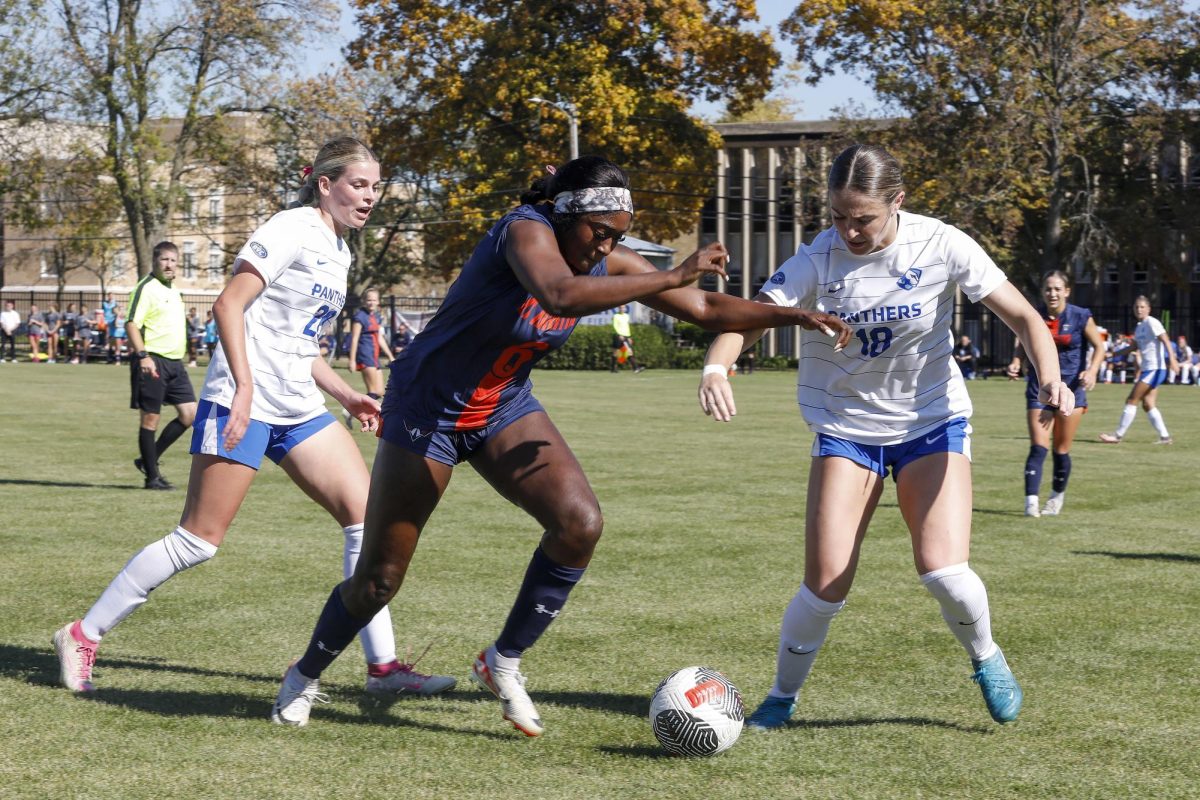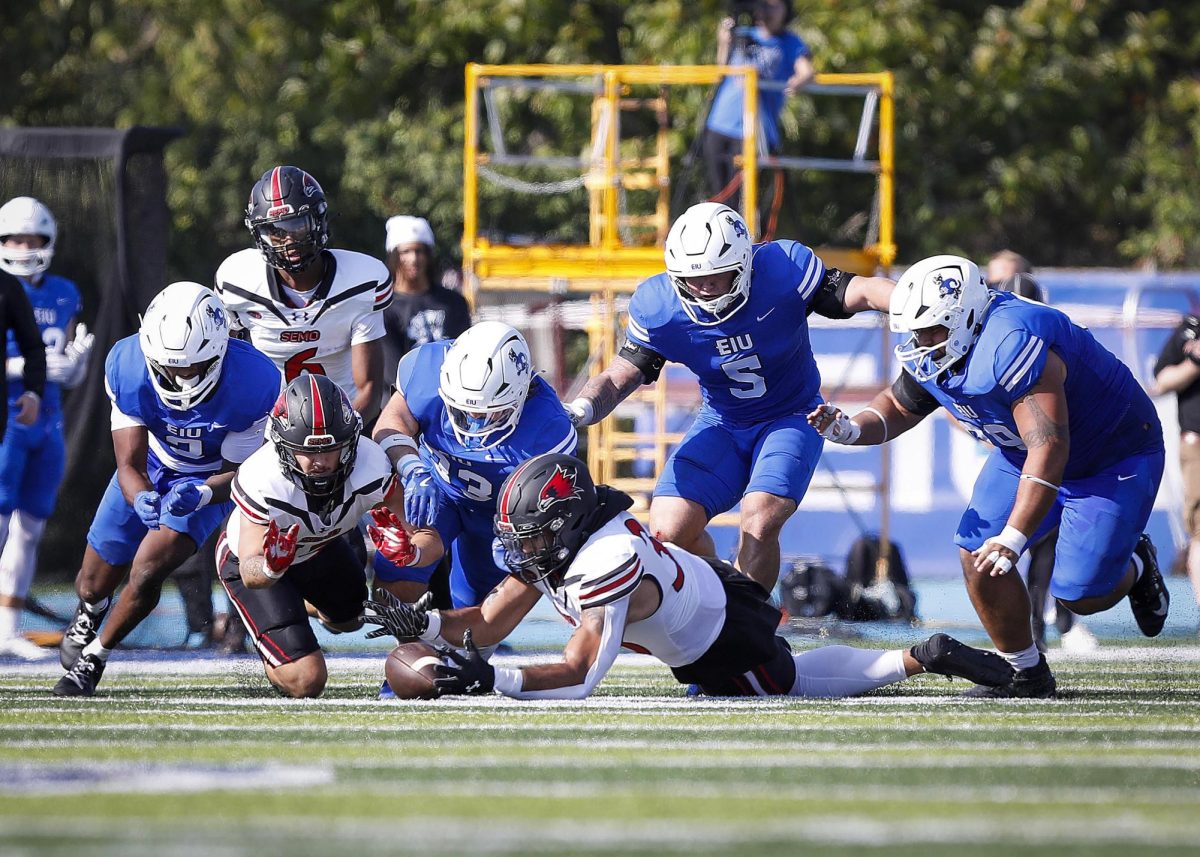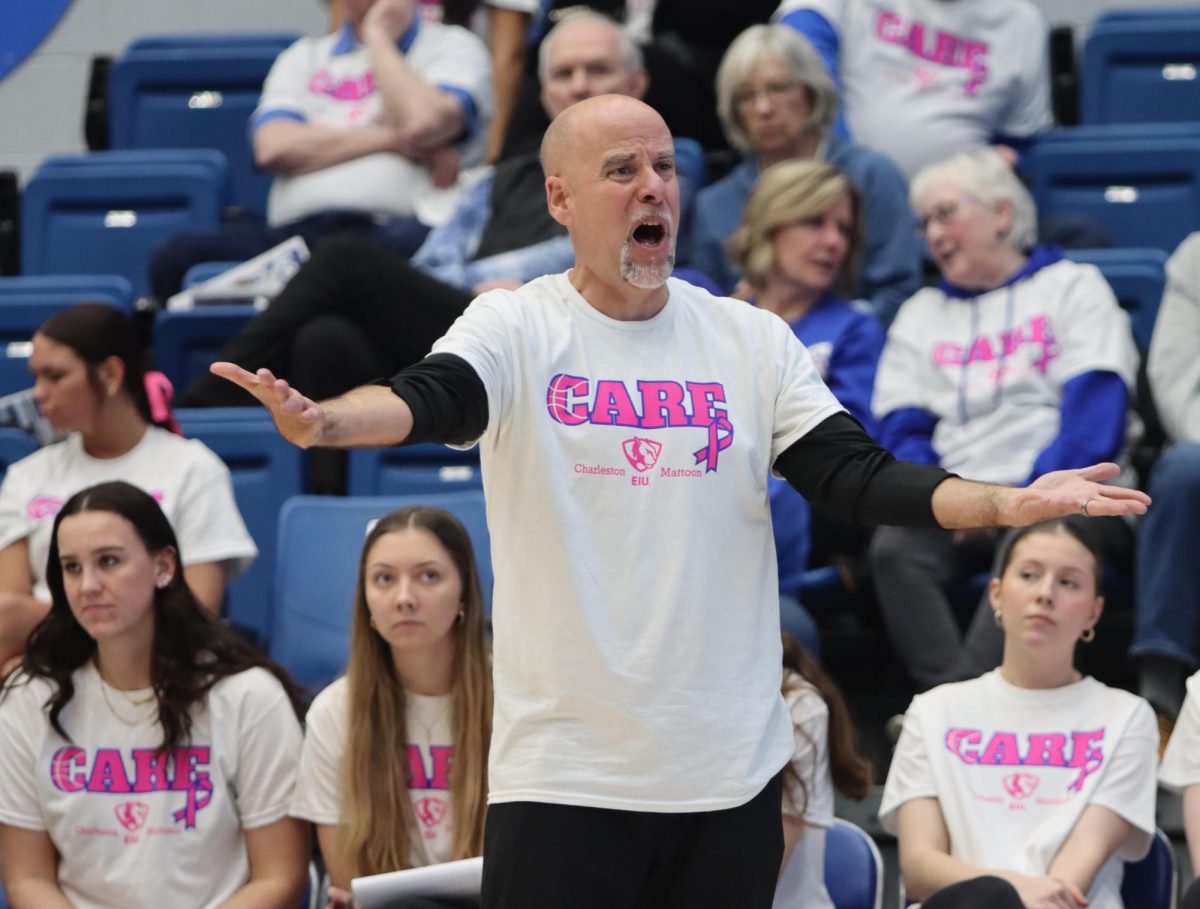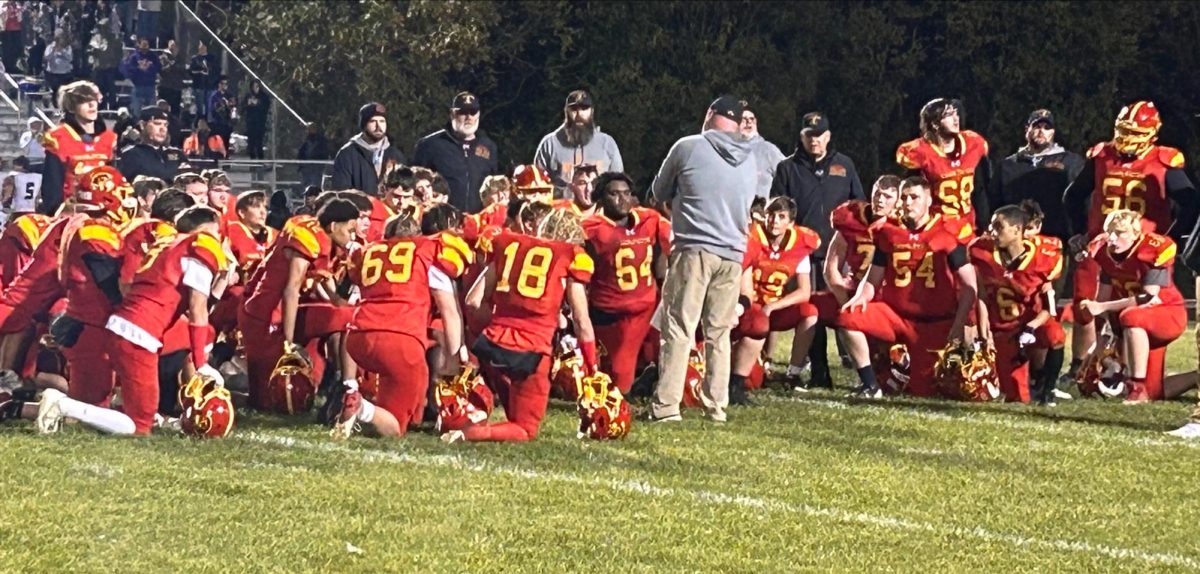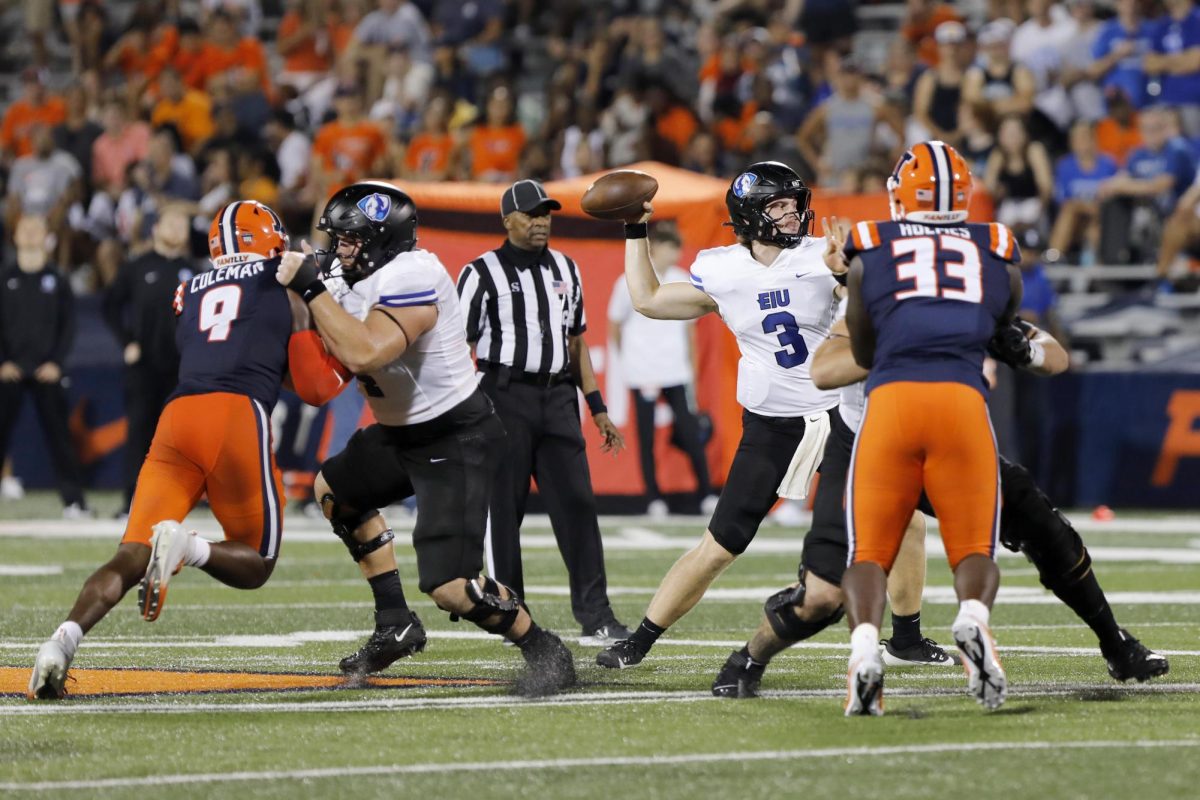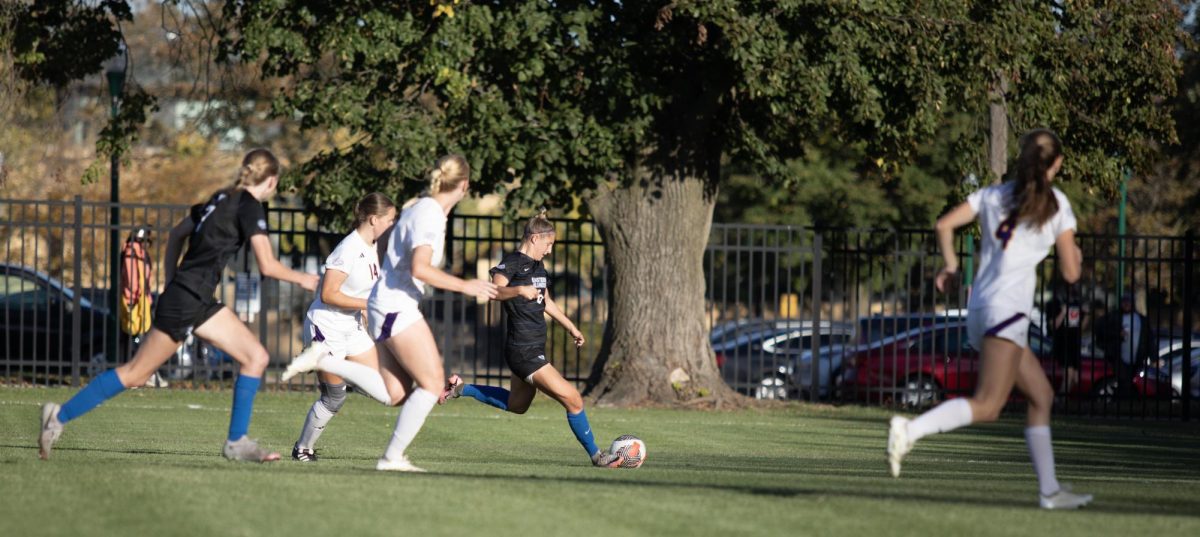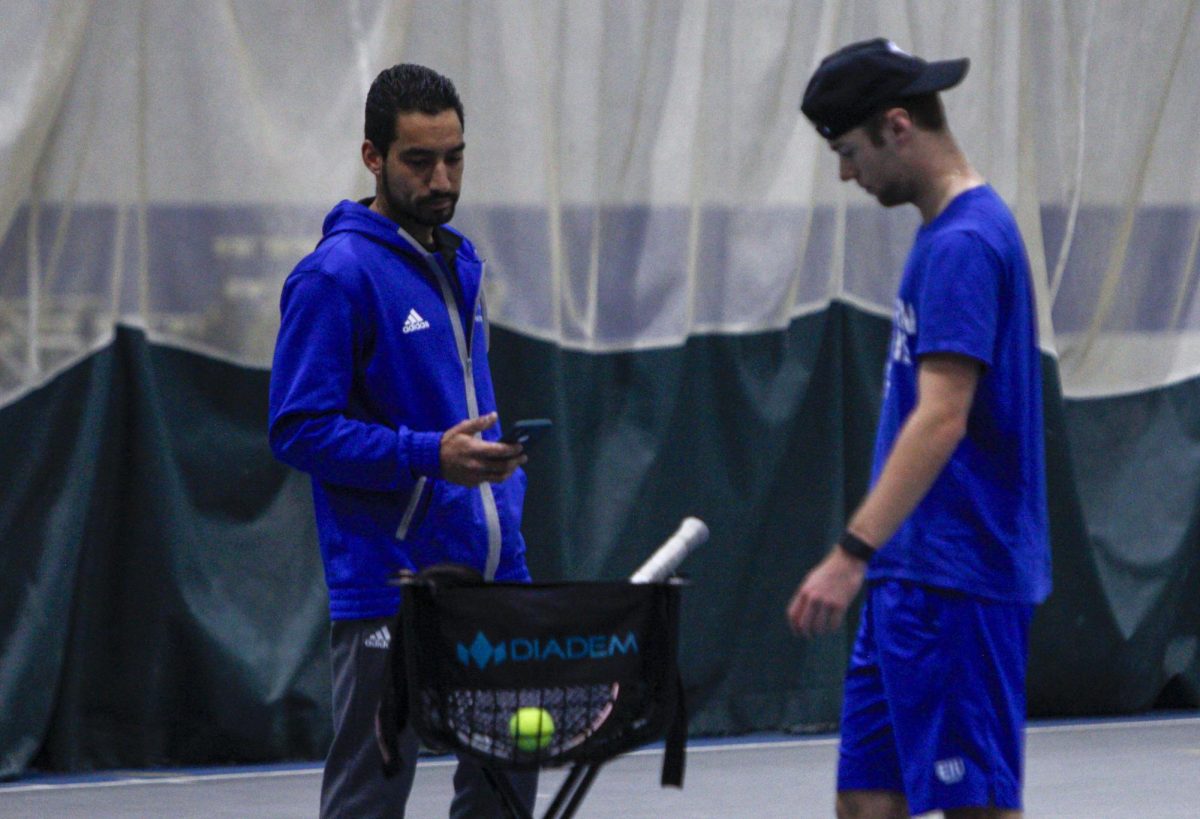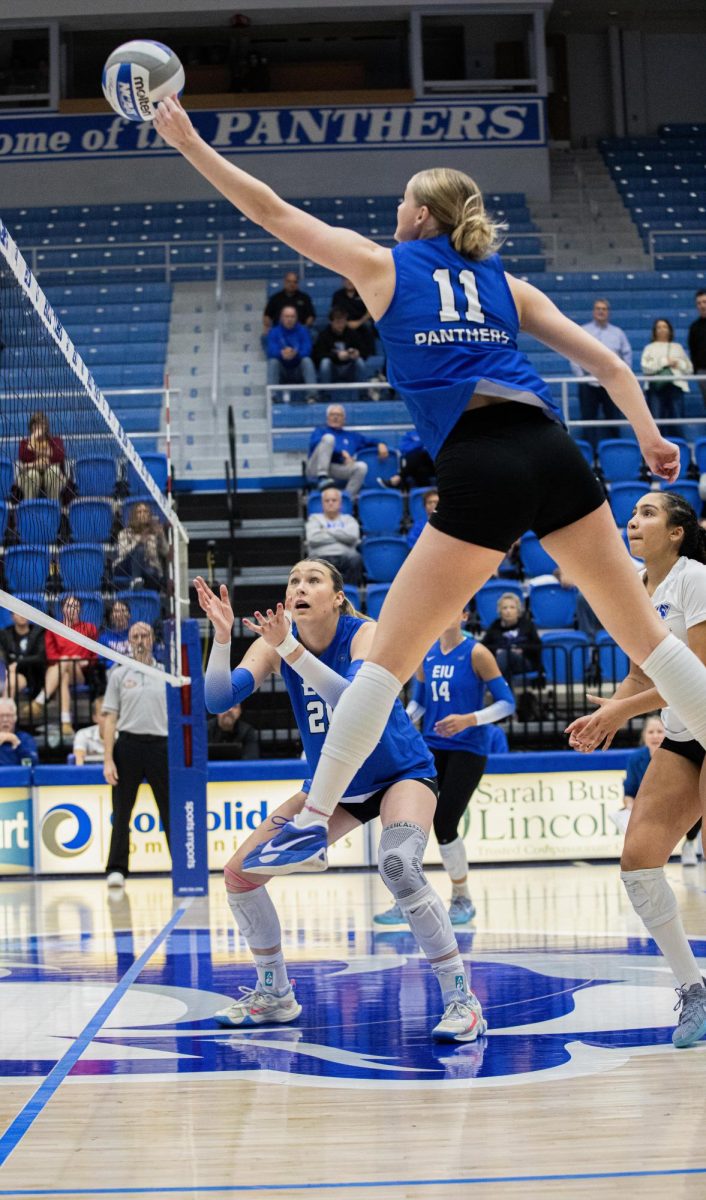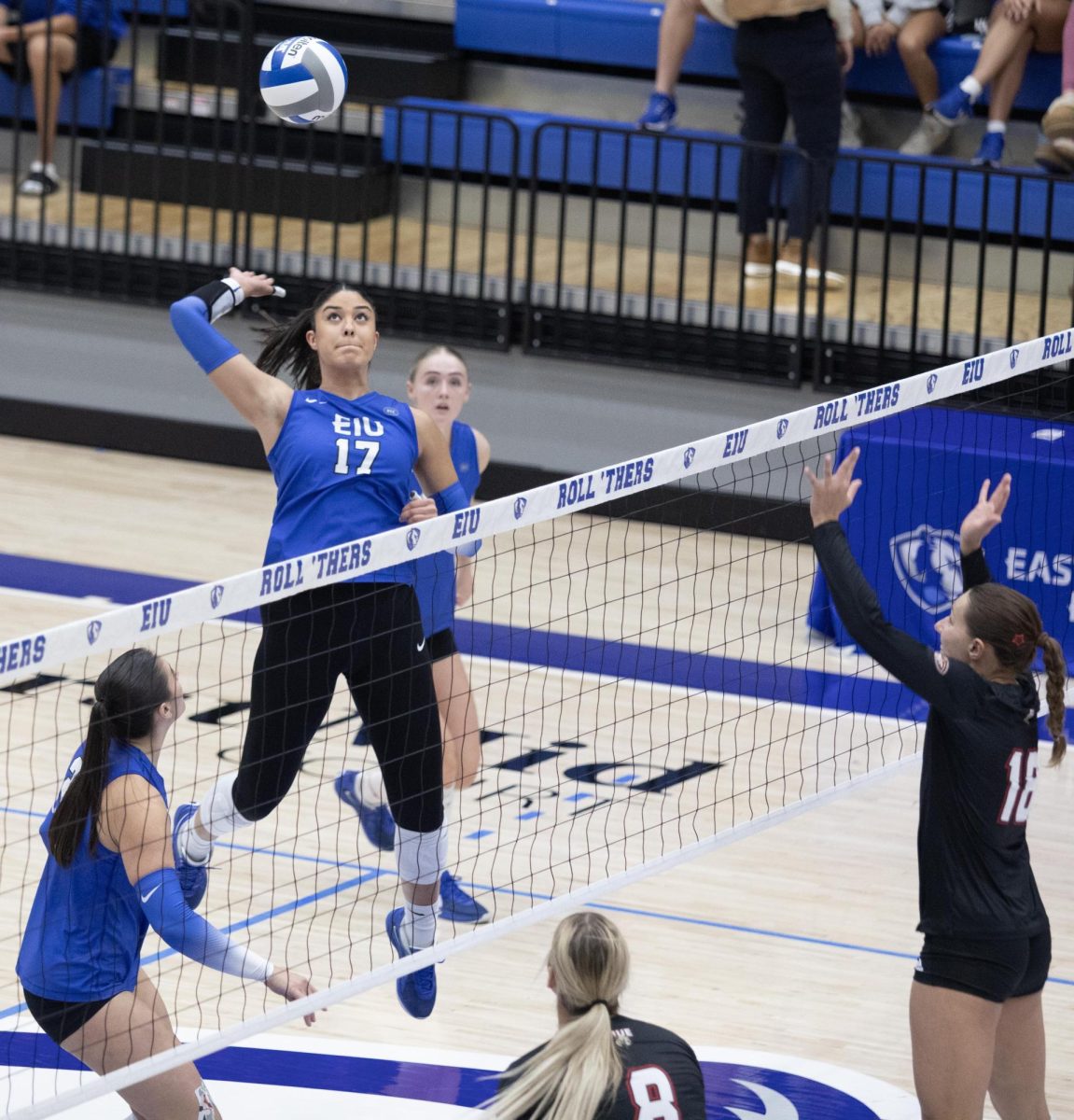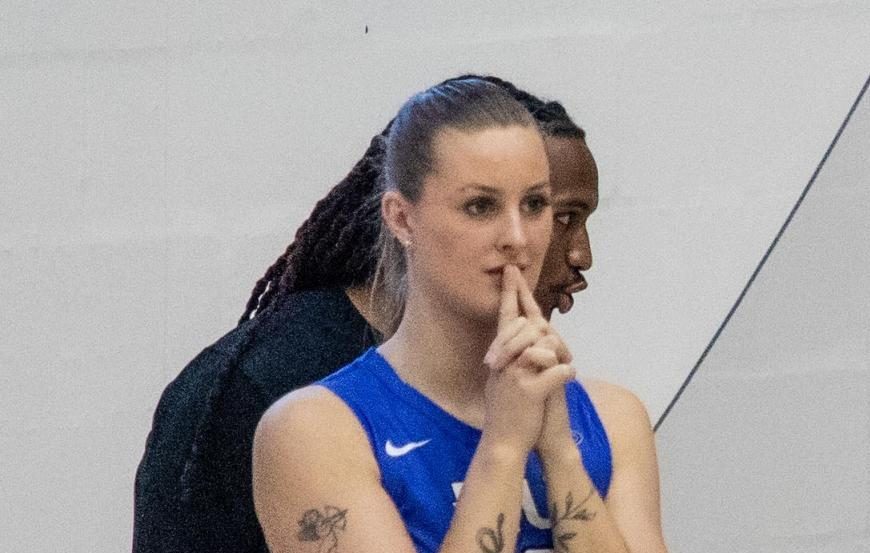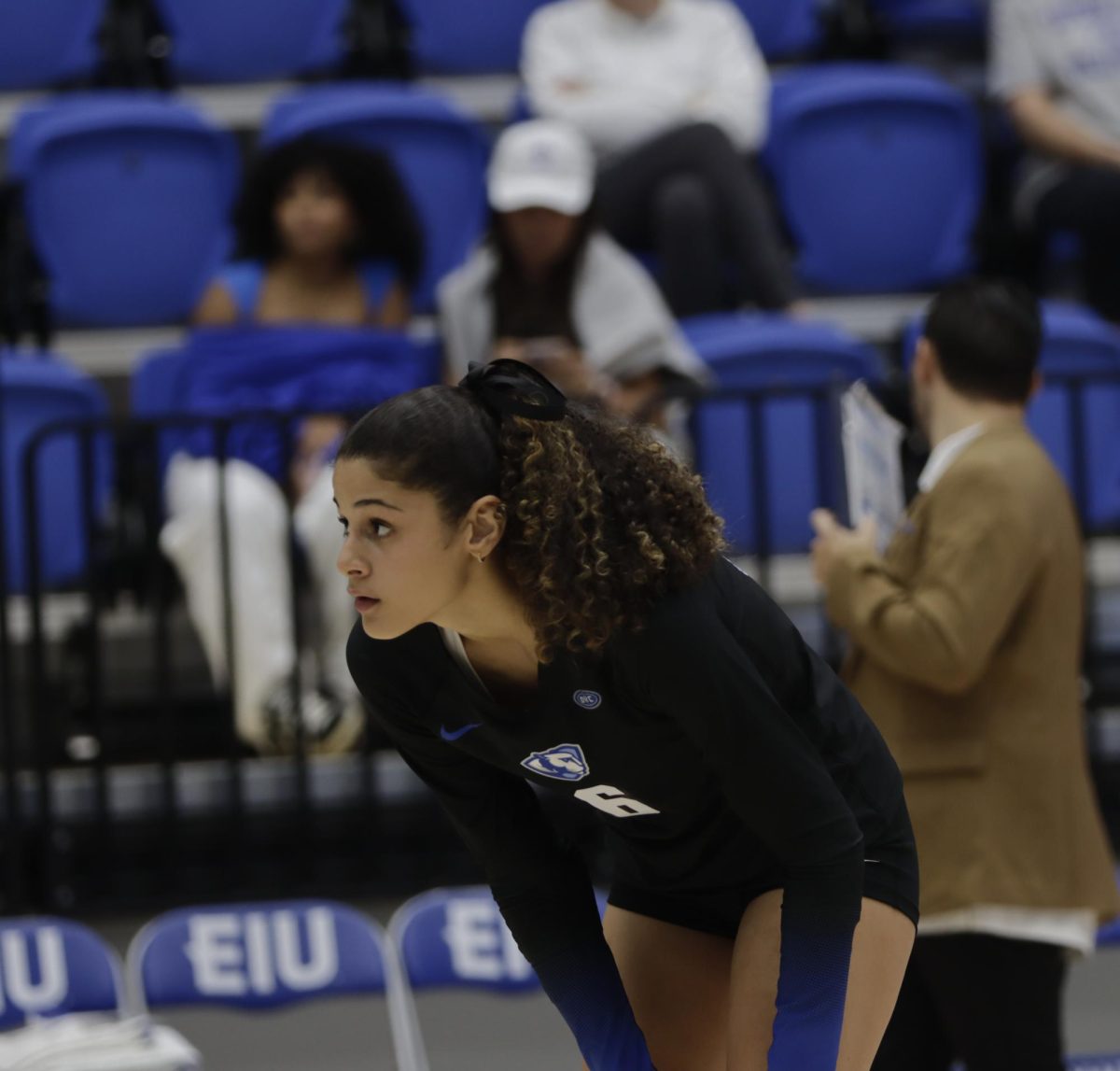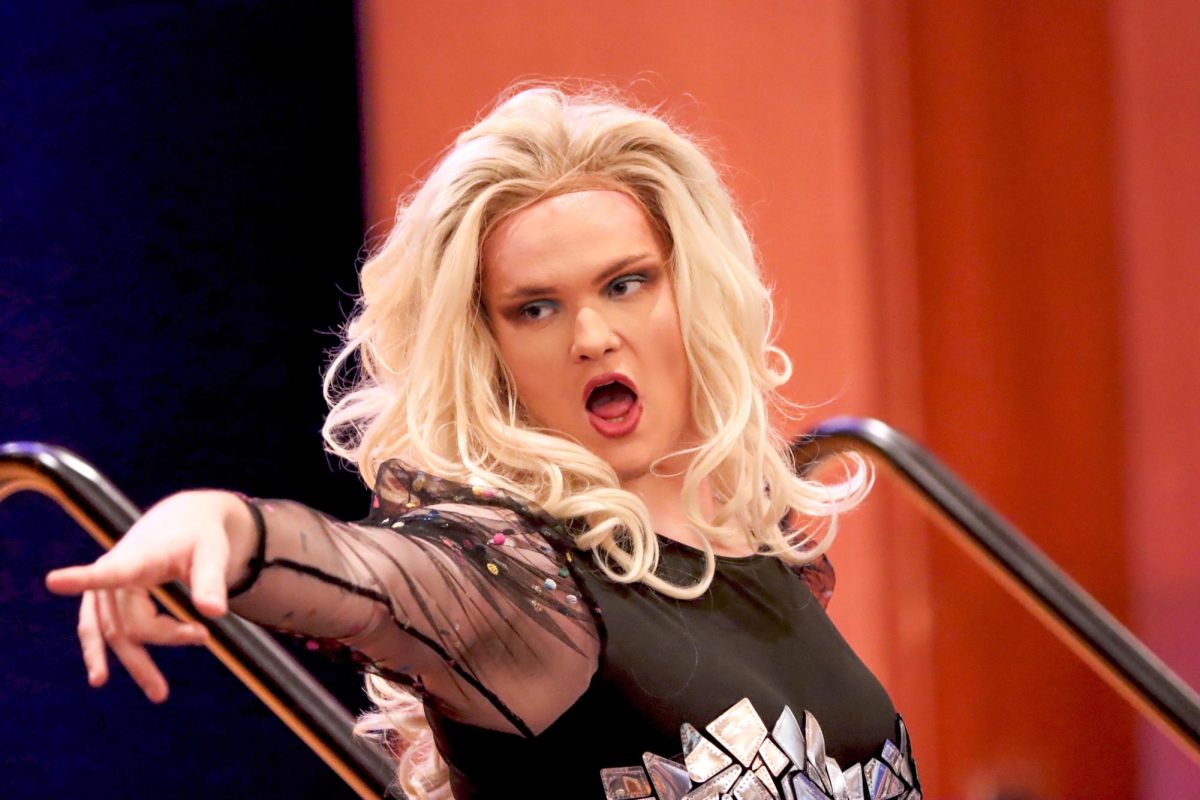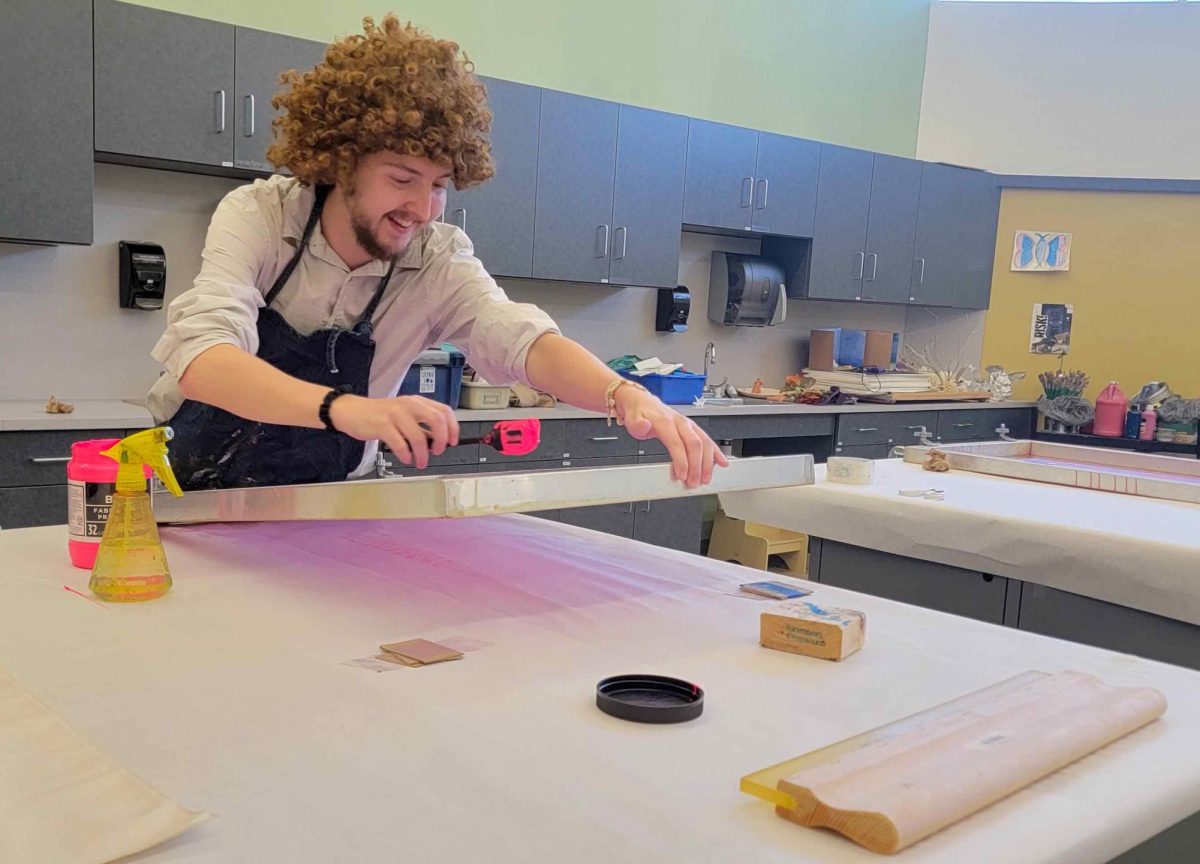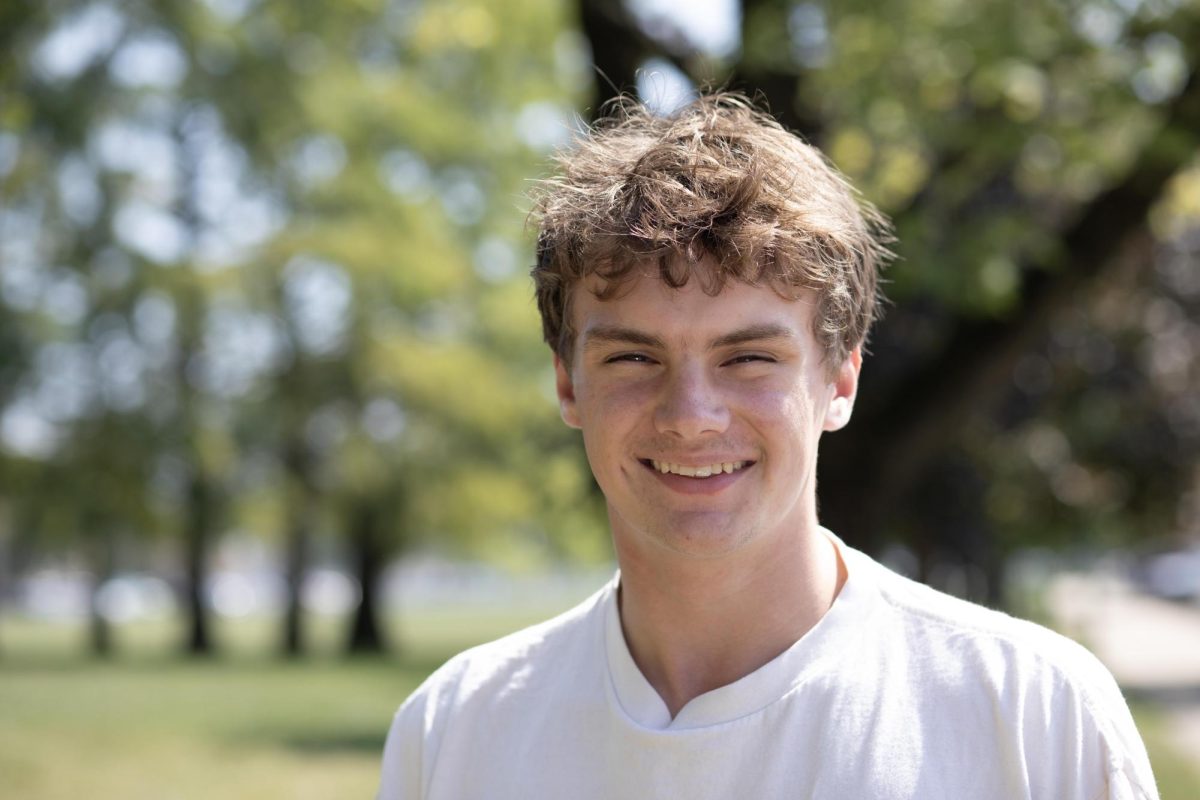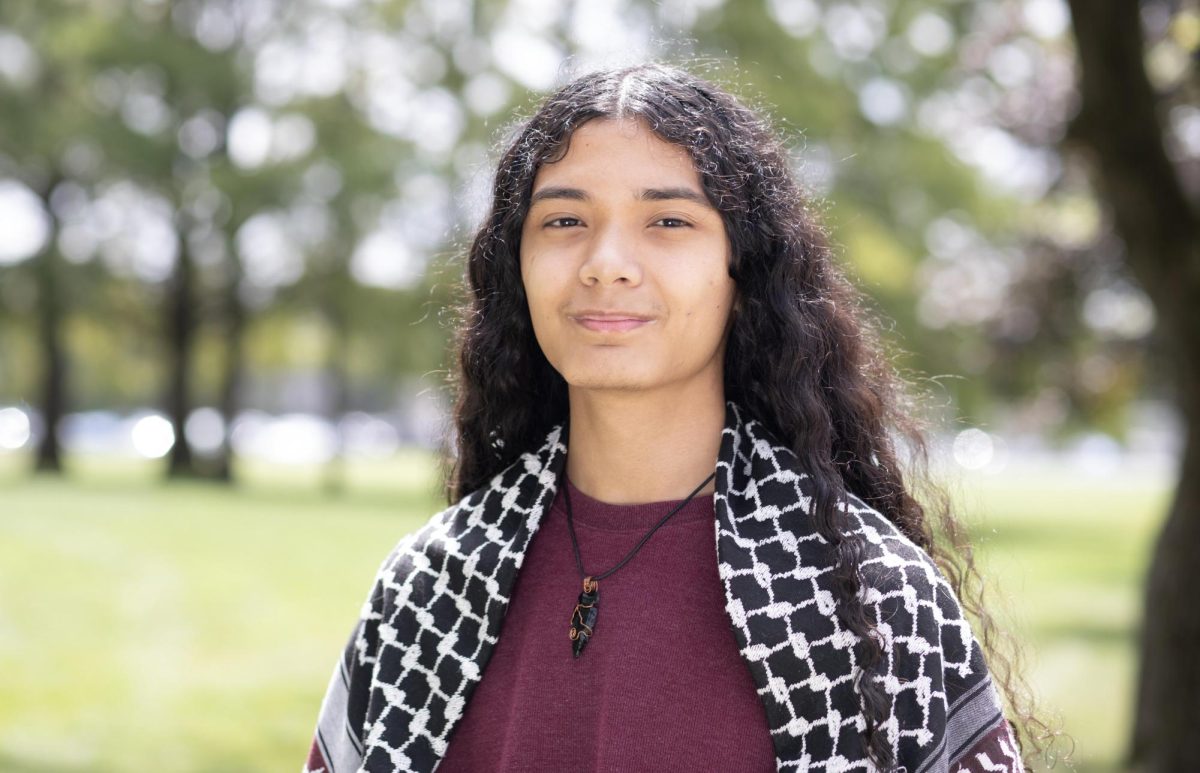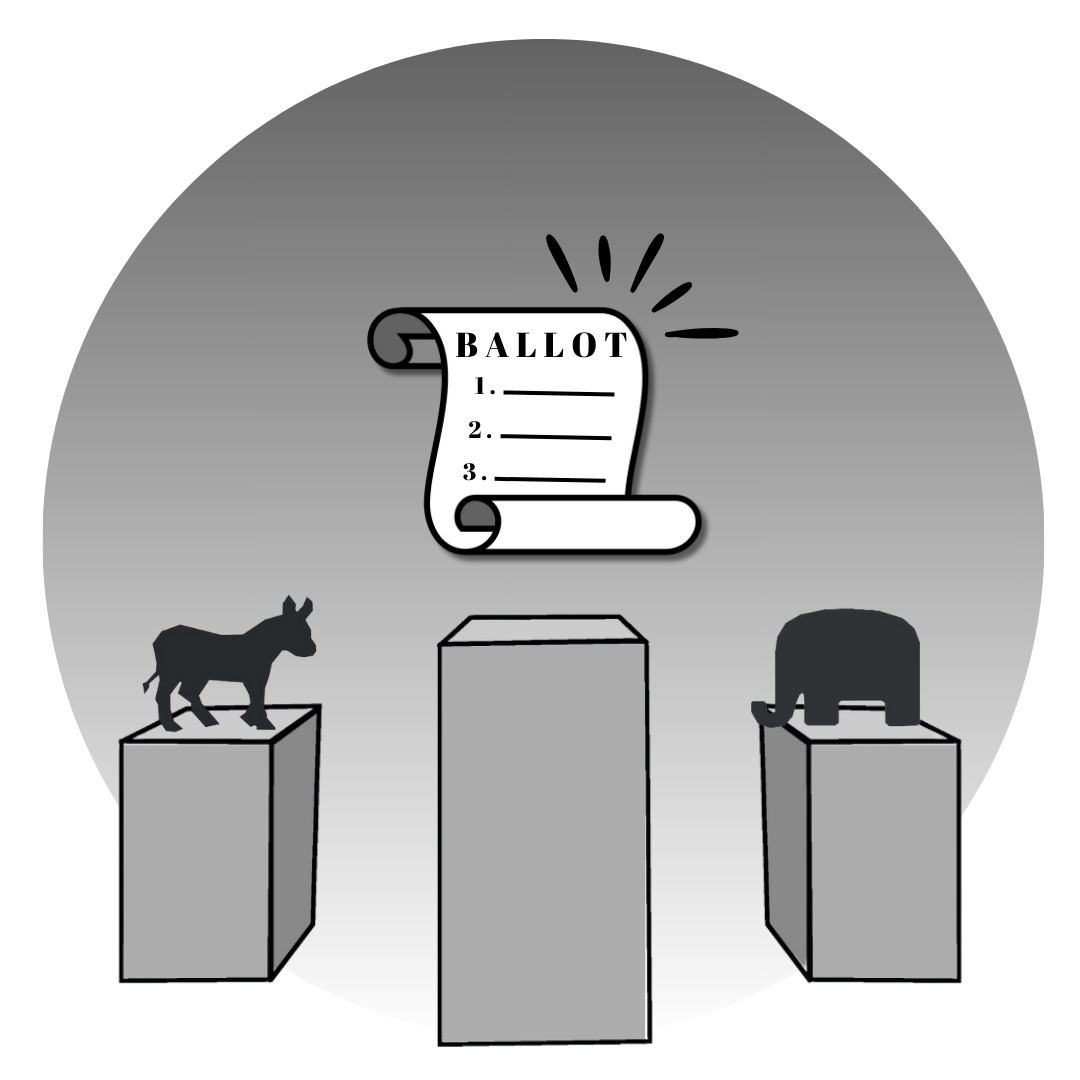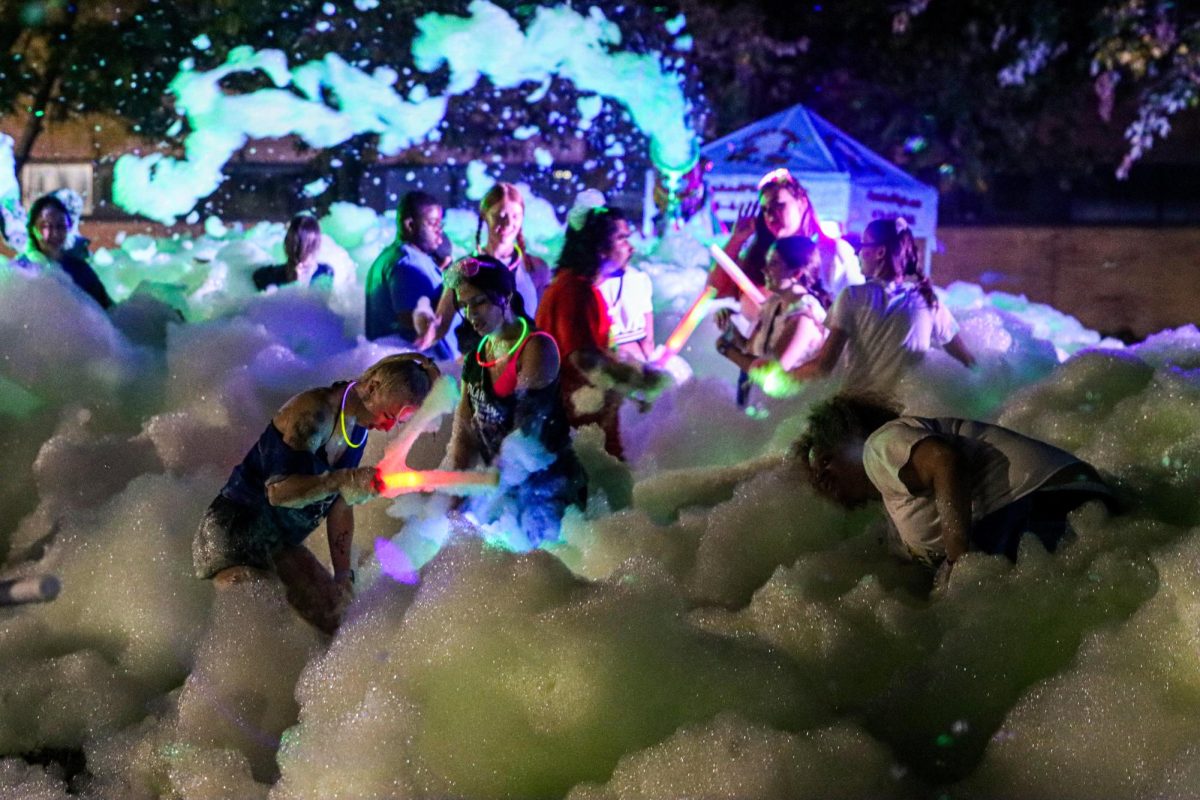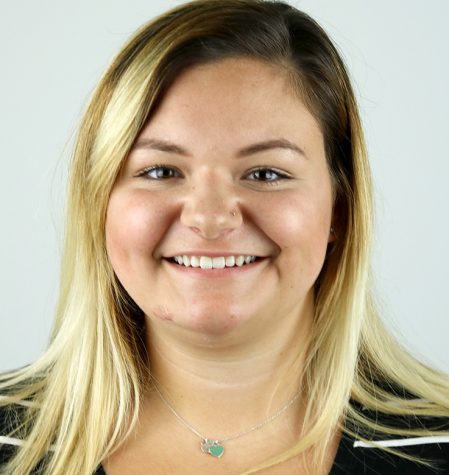Criminology, criminal justice not just for police officers
December 3, 2018
The Sociology, Anthropology and Criminology department is home to the new criminology and criminal justice major offered on Eastern’s campus for the first time at the beginning of this semester.
Michael Gillespie, professor in the Sociology, Anthropology and Criminology department, said the major stemmed from the minor the university previously had.
Gillespie also said the process of creating the major took about 18 months, and Eastern’s President, David Glassman, was one of the big supporters for creating the major.
“When President Glassman arrived, one of his priorities was to help us shape the major because there’s a lot of interest in this field,” Gillespie said. “It was a growth opportunity for the university, so, we said, ‘Let’s do it.’”
Roger Cunningham, professor in the Sociology, Anthropology and Criminology department, said the creation of the criminology and criminal justice major was a team effort.
“We had a minor for years,” he said. “We got together and looked at quite a few other schools to see what they were offering, but we wanted to create something unique at Eastern.”
Cunningham said many schools with a criminal justice major are strictly criminal justice, but with the criminology aspect included in the major at Eastern, many students will get a two-for-one deal with this curriculum.
He said students are taught the police aspect like criminal justice majors at other schools, but Eastern students are also taught the correctional aspect.
“I think we take it up to a higher level where people that graduate from here are more aware of their impact on society as a whole and what the goal of criminal justice is in the first place,” Cunningham said.
He said students will learn more about the societal impact of criminal justice because criminal justice is not just about arresting people or keeping people on probation.
“If we really want to change society for the best,” he said, “then we need to take our research findings and mold them into being useful in everyday practices.”
As the internship coordinator, Gillespie said criminology and criminal justice majors can apply for internships with the State Police and the Charleston Police Department, as well as with other companies related to the major.
“Usually we try to make sure (students) get all the different aspects of what that department does,” he said. “They’re going out and doing traffic stops or investigating a crash on the highway, but then getting to see all the paperwork and administrative stuff.”
He said the department has students each semester who end up getting hired by the places they interned at.
Gillespie said there is also a criminal justice club in the department, which is open to all students, that meets a few times a month.
“They will have guest speakers come in,” he said. “They’ve gone and taken tours of prisons and have done ride-alongs with the police.”
Gillespie said students considering a criminology and criminal justice major should go to their department in Blair Hall and talk to the professors.
“Criminal justice is not just being a police officer,” he said. “If you don’t want to do that, we can set you up for law school, to go to into probation, to go into the mental health field or substance abuse. There are a lot of opportunities, administratively or professionally.”
Hannah Shillo can be reached at 581-2812 or hlshillo@eiu.edu.



